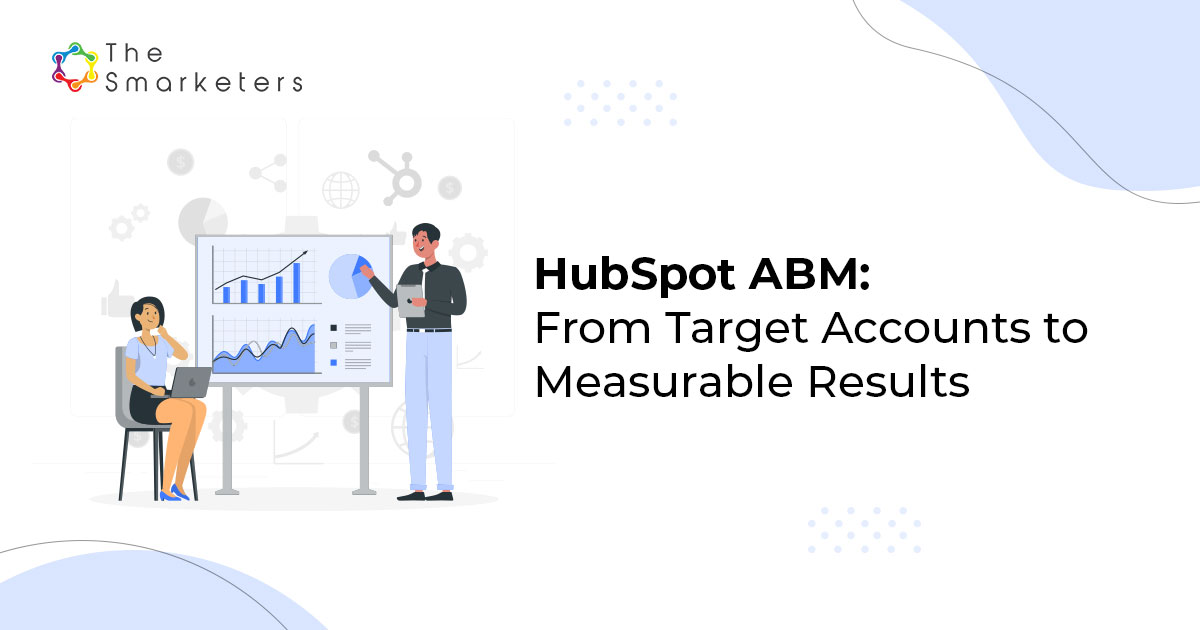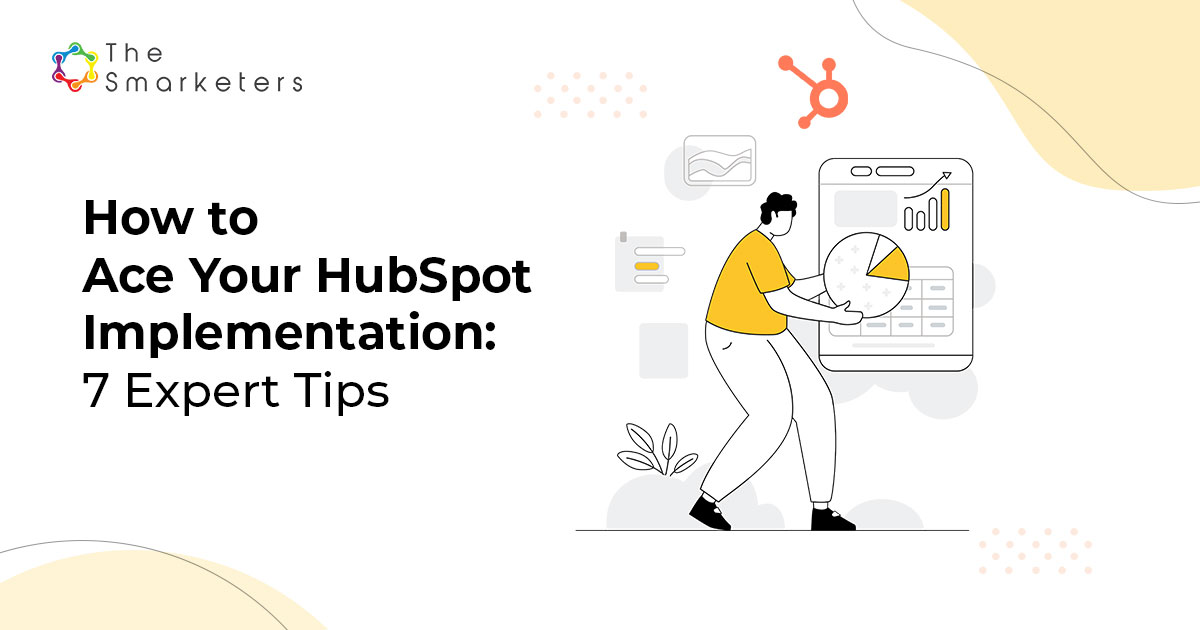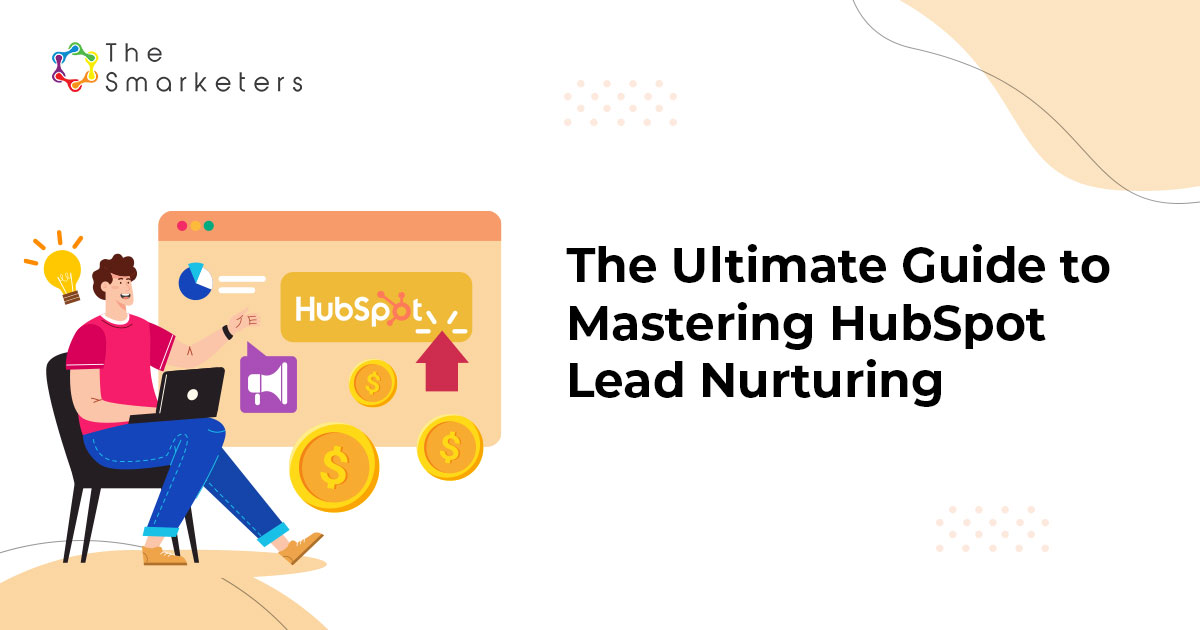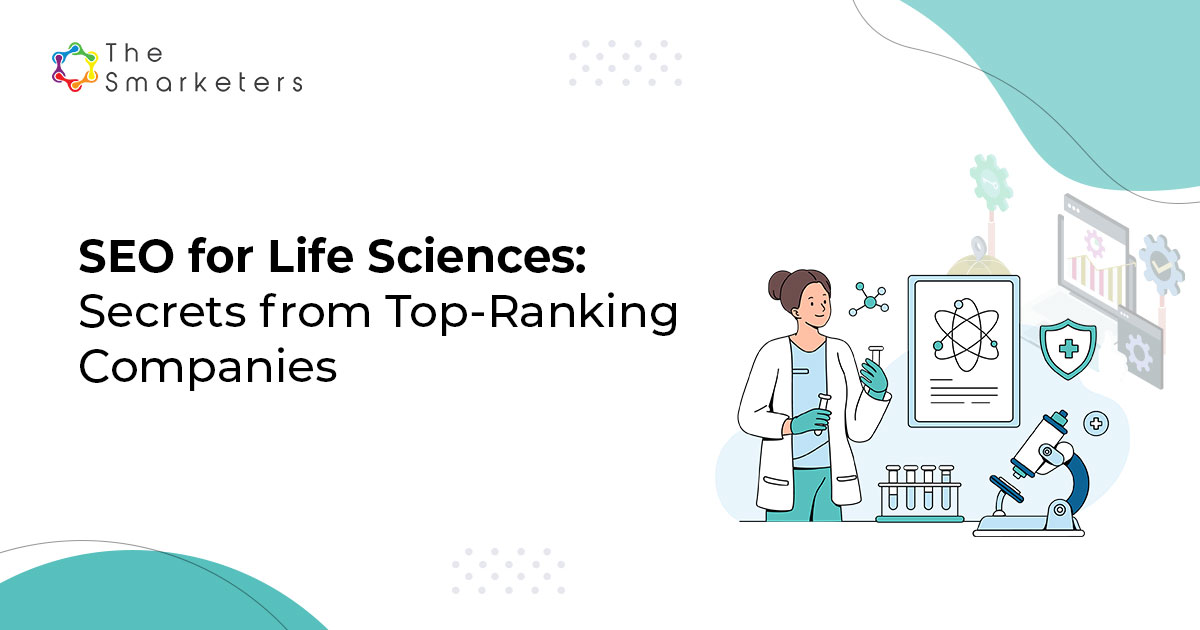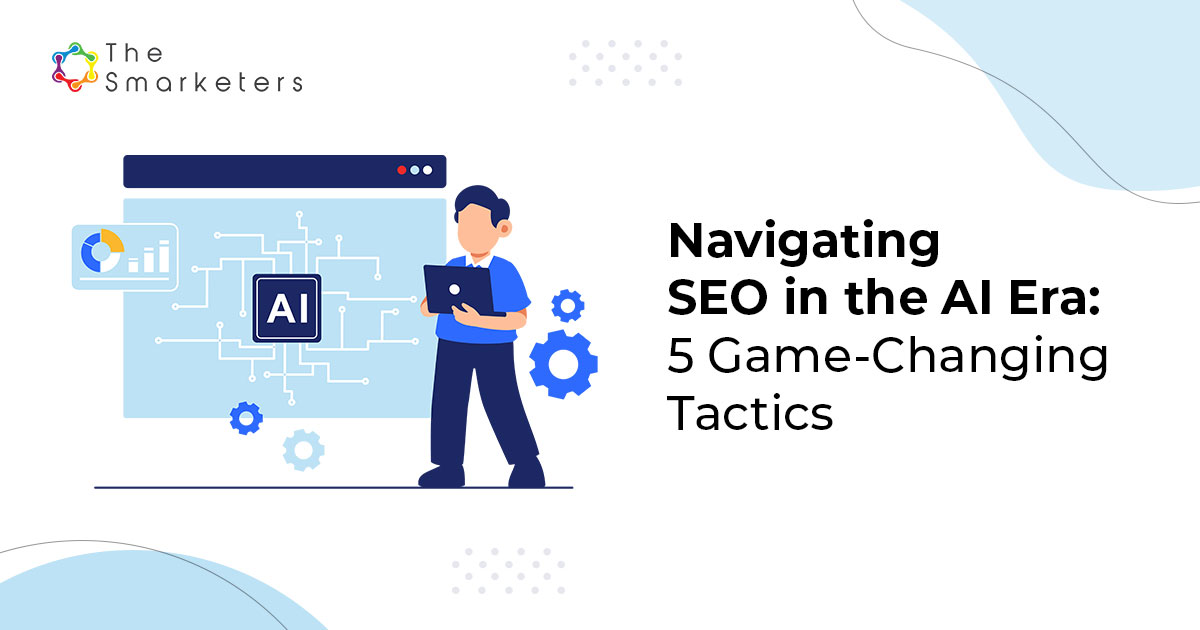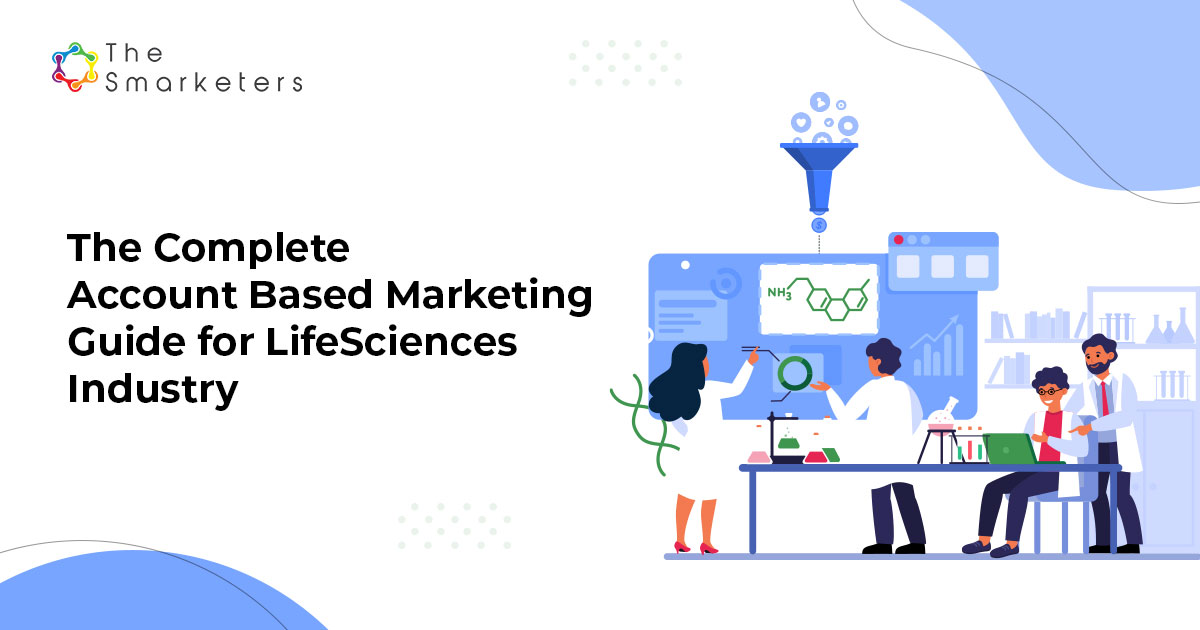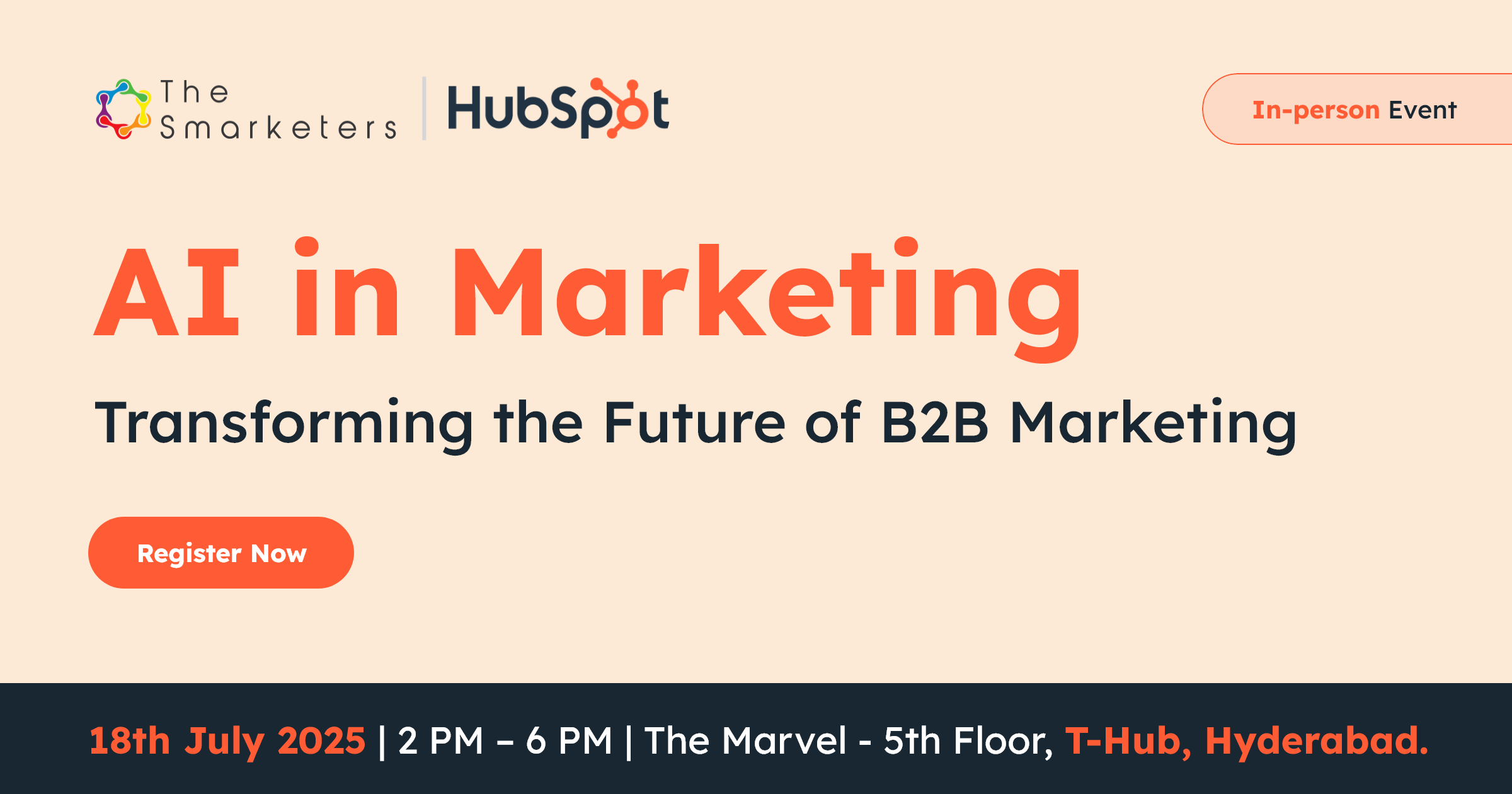With ChatGPT’s popularity soaring, generative AI is the latest obsession for thought leaders and winning organizations seeking to push the boundaries of disruptive technologies. Whether you like it or not, the fact is, you cannot ignore generative AI now.
In this digital-first world, businesses are dynamically shifting, and consumer expectations are leveling up. Modern customers want high personalization and faster TAT for problem resolutions. That’s where generative AI enters the scene.
According to McKinsey research, companies actively investing in AI witness a 3-15% spike in revenues and a 10-20% rise in sales ROI. Nearly one-fifth of traditional sales operations can be automated for greater efficiency.
Tech-savvy C-suite leaders view this as the perfect opportunity to revamp and realign their marketing and sales strategies. They are building dedicated in-house teams and partnering with marketing agencies offering ready-to-use analytics and insights via IaaS (insights-as-a-service).
How is Generative AI Redefining Marketing and Sales?
Highly targeted personalization to guide customers through their buying journey creates a rich customer experience and drives loyalty. Thanks to increasing competition and shorter sales cycles, marketing and sales executives should embrace generative AI to fast-track their go-to-market strategy.
Generative AI, an advanced subset of AI and ML technologies, can generate different outputs (such as speech, text, images, etc.) based on user input. It has the potential to enhance three core areas of marketing and sales:
- Customer Experience (CX): Generative AI analyzes individual behaviors, personas, past purchases, and other determining factors of individual customers. Marketing and sales teams can use the insights to create and deliver tailor-made experiences that resonate most with the target customer’s pain points and needs.
- Growth: Generative AI equips sales teams with precise analytics and granular customer insights, allowing them to tap into existing and potential demand to turbocharge top-line results.
- Productivity: A Salesforce survey found that generative AI can save almost five hours weekly. By automating mundane or routine marketing and sales tasks, generative AI frees up valuable time for executives to focus on areas that demand human intelligence. They can spend more time pursuing high-value leads/accounts and engaging in meaningful customer conversations.
A consistent theme apparent through these advancements is the level of personalization that AI promises. Businesses can accurately discern consumer preferences by integrating AI and ML with company-specific datasets. This is particularly evident in the B2C sector, where precision-targeted marketing reigns supreme. However, leading B2B entities are not far behind. They’re transcending traditional account-based marketing, employing highly targeted strategies for more effective outreach.
How can Generative AI Influence and Enhance the Customer Journey?
Forward-thinking business leaders believe in leveraging generative AI cautiously across marketing, sales, and other operations. Many are highly optimistic about AI’s influence on the customer’s journey (particularly in the initial stages), streamlining lead identification, tailored outreach, and campaign optimization.
- Improving lead identification & engagement
Nearly 60% of customers expect companies to use their data to respond promptly with “up-to-date information when transferred between departments.”
Generative AI outperforms traditional AI in lead identification, moving beyond basic web scraping to decipher complex customer and market patterns from large datasets. Marketers and sales reps can use real-time insights to improve audience segmentation and targeting to connect with high-priority leads.
Integrating generative AI with CRM data empowers marketers to craft deeply personalized digital experiences across content, design, or lead targeting. Generative AI tools enhance marketing campaigns by A/B testing web designs, ad copies, SEO, etc., and automate lead nurturing based on changing customer preferences.
- Continuous support throughout the sales cycle
Besides initiating sales team engagements, generative AI can assist throughout the sales cycle, from plan design to closing accounts. By harnessing real-time insights from customer behavior, preferences, and demographics, generative AI tools like ChatGPT helps draft contextual content with the right messaging. This speeds up the GTM process.
Sales and customer support executives can use it to provide quick answers to customer queries/requests via AI-based chatbots. Similarly, marketers can use generative AI to create hyper-personalized follow-up emails across the customer’s preferred channels.
As such, generative AI acts like a virtual assistant for GTM teams, facilitating personalized recommendations and timely reminders to boost customer-brand engagement and conversion rates.
- Post-sale engagement: Onboarding & retention with generative AI
Post-sale, generative AI’s utility expands to customer onboarding and retention. It curates a personalized onboarding experience for new customers, delivering relevant training content and key best practices for their use cases.
Moreover, generative AI tools can process past transaction data, usage trends, etc., to deliver on-the-go insights (like churn prediction) and advice to sales reps during the last stages of deal closure. With this AI-driven approach, marketers can design dynamic customer-journey maps and competitive pricing strategies, identifying the vital touchpoints to elevate engagement levels.
Identifying the Gaps and Mitigating Challenges
Generative AI is still evolving, and we’ve only scratched the surface – its true possibilities and implications are yet to be unearthed. While the technology has immense potential for various use cases, employing generative AI alone will not guarantee a competitive edge.
Many GTM teams today cite that a significant challenge with generative AI tools is that they don’t integrate well with conventional business tools. Being a relatively new technology, many professionals don’t have the adequate training and in-depth knowledge to use generative AI tools optimally.
Business leaders must begin their AI journey by understanding their generative AI maturity level. The next step is to create a vision and clearly defined AI strategy highlighting the areas that can benefit from generative AI. It is crucial to design custom models that continually improve with experience and evolving patterns.
Generative AI for an Optimized GTM Strategy: The Next Steps
What’s apparent in most winning organizations investing in AI is that over 20% of their digital budgets are invested in AI-related technologies. They have dedicated teams of data experts who run algorithms to optimize marketing, sales, and pricing strategies.
Business leaders must focus on the bigger picture and plan long-term investments in AI to ensure commercial success. The key is to identify the use cases that can become the differentiators for competitive advantage.
Here’s how to plan for actionable AI-driven transformation of your go-to-market strategy:
- Perform an AI audit: The first step is to evaluate your existing marketing and sales technology infrastructure. Understand your in-house skills and consider how external open-source or cost-effective tech partners can facilitate the implementation of generative AI within the existing business model.
- Create a dedicated task force: Assemble a cross-functional team comprising members from marketing, sales, pricing, and IT. This team will delve into potential generative AI opportunities and assess the viability of various real-world applications.
- Identify immediate opportunities: It’s recommended to start with simple, low-risk, but impactful use cases, such as automating outreach emails or generating product descriptions.
- Kick-start pilot experiments: Identify a few complex yet attainable use cases and launch pilot campaigns to assess the utility and outcomes of generative AI, particularly in the early stages of the sales cycle. The results will help you plan cautiously before rolling out AI-based GTM strategies on a larger scale.
- Organize proper training programs: Conduct workshops to acquaint your sales and marketing teams with the basics of generative AI. They must understand its capabilities and limitations fully well to harness optimal results.
- Set clear goals and security measures: Data security is a top concern while working with generative AI tools. It’s essential to protect sensitive customer and business data by incorporating proper security checks. Also, concerned teams must carefully verify outputs (especially user-facing content) before sending them out.
In an era where digital transformation is no longer optional, Generative AI offers businesses a way to supercharge their GTM strategies.
Generative AI is reshaping marketing and sales operations by automating routine tasks, enabling teams to concentrate on strategic planning, creativity and fostering deeper customer connections. While it offers a pathway to increased efficiency and faster TAT, it’s essential to have a solid integration strategy in place.
If you want to learn more about the nuances of generative AI for business, talk to our experts today!



